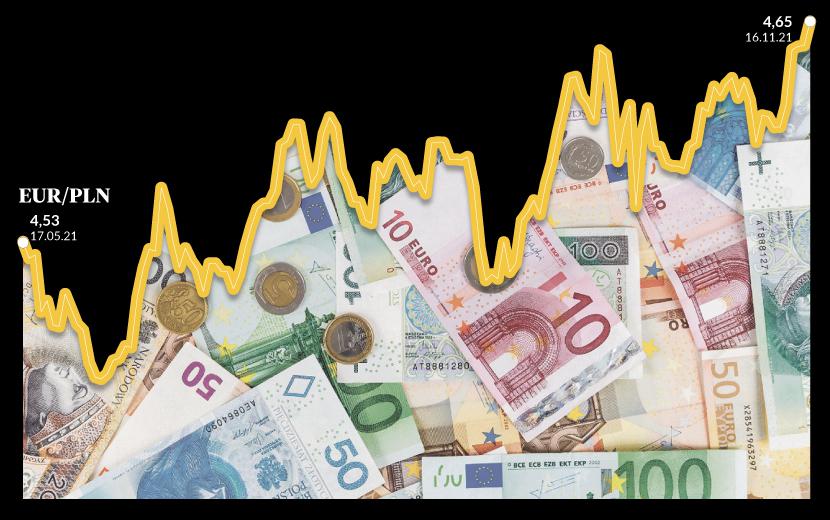After a lawsuit by the Federal Association of Consumer Organizations, a decision was made at the Berlin Regional Court: Sparda-Bank Berlin is no longer allowed to charge negative interest or custody fees on its current and daily accounts. However, the judgment is not yet final.
The Berlin Regional Court pronounced its verdict on Tuesday. In future, Sparda-Bank will no longer be allowed to charge negative interest or custody fees on its current and daily accounts in the capital. In addition, the bank must repay any interest it has already paid to its customers.
This decision is a novelty in Germany. Because so far the judgments of other courts have allowed the levying of custody fees. Sparda-Bank Berlin decided to appeal the court’s decision.
Over 400 banks charge custody fees
If the second and third instance confirm the judgment of the regional court in Berlin, hundreds of banks and savings banks can expect immense consequences. Because not only the savingsBank charges negative interest on their accounts.
data of the comparison portal Verivox show that currently 431 credit institutions charge a custody fee on deposits from private customers. There has been significant growth in the past few months: In 2020 only 178 banks did this.
As a rule, the banks only calculate the interest from a certain exemption amount, in the case of the Sparda-Bank this was 25,000 euros for current accounts and 50,000 euros for overnight money accounts. Usually the interest rate is 0.5 percent.
The reason for the interest: The European Central Bank (ECB) introduced negative interest in 2014 so that banks don’t have to store their money with the ECB for so long. As a result, they need to lend more to stimulate the economy. The interest for the banks at that time was also 0.5 percent.
VZBV argues with the basic idea of legal regulations
The Federation of German Consumer Organizations (VZBV) was of the opinion in court that custody fees violated “fundamental principles of legal regulations”. It is wrong to demand a fee for the safekeeping of funds in the current account. It is not a “special service” that is necessary for the accounts.
The VZBV thinks toothat banks are obliged to pay interest in keeping deposits under loan law. Accordingly, it should not happen that customers get back less than they paid in with a payout. David Bode, Legal Advisor at VZBV, said:
Many banks argue that the ECB’s negative interest rate policy would force them to pass the costs on to customers. But this is only half the truth. Finally, the ECB allows them generous allowances for money “parked” there
Negative interest rates: banks have to repay interest that has already been charged
In addition to the ban on negative interest rates, the banks must reimburse the illegally charged interest. Those affected do not have to assert their claims themselves.
In addition, the court also declared the pricing of replacement cards and new PIN numbers, which the Sparda Bank had specified in its price list, to be null and void. Here, the costs applied are too high compared to the damage caused.


